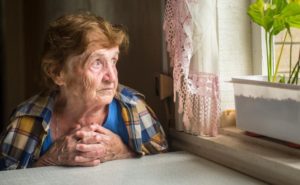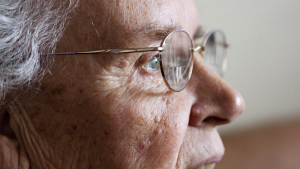

RT – November 5, 2021
The French Agriculture Ministry has ordered the country’s poultry farmers to keep their fowl indoors to prevent the potential spread of a highly contagious bird-flu strain via migratory birds.
The ministry published the order in the French official journal on Thursday, citing the “rising infection rate in migratory corridors” as a sufficient reason to consider the potential infection risk “high” across the country.
The measure is aimed at protecting farms, as no cases in humans have been reported so far. The ministry announced the move after a highly contagious H5 strain of bird flu was discovered at a farm in the neighboring Netherlands. The discovery prompted a cull of 36,000 birds as part of the Dutch authorities’ precautionary measures. The Netherlands then also introduced a “lockdown” for poultry on its territory
The UK declared a nationwide Avian Influenza Prevention Zone on Wednesday, demanding farmers toughen their infection prevention measures, but stopping short of ordering them to keep fowl indoors. The move followed the discovery of several bird-flu cases in wild birds in the UK.
“Since the beginning of August, 130 bird-flu cases or clusters have been detected in wild animals or on farms in Europe,” the French ministry said on Thursday, adding that the list included at least three cases among domestic birds in northeastern France. The three bird flu outbreaks detected in France were related to the H5N8 strain.
The avian flu strain, H5N1, is notorious for its high mortality rate of around 60% in humans, and is contracted via contact with the excretions of infected birds. The World Health Organization still considers the risk of its human-to-human transmission to be “low.”








